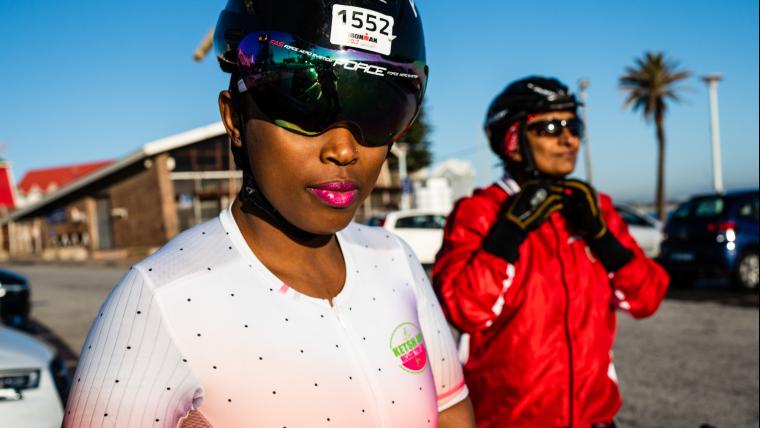
The YouTuber bridging divides across the Desi diaspora through comedy
Tasneem Afridi moves between multiple worlds. There’s the one her family originated from in Pakistan, and that of the town that they immigrated to in Colorado. The world of a brown woman trying to meet the expectations of her family and culture, and that of an outsider trying to adjust to the standards of a western community. The world of a Muslim woman. The world of a visible Muslim woman post 9/11. These layers may make for what seems like a singular experience. Yet every day, thousands of people are tuning into Afridi’s YouTube channel where she uses humour and satirical skits to spark conversation on the experiences of Desi people.
“Identity was a big question mark throughout the course of my life,” Afridi says. The term ‘Desi’ comes from a Sanskrit word, denoting those originally from the South Asian subcontinent. Today, people of Indian, Bangladeshi and Pakistani descent are finding themselves in an entanglement of identity and the expectations that come with it. “There’s so much to celebrate about Desi culture, but there are a lot of unfair standards that people have to deal with,” Afridi says. “Oftentimes people may prioritise fair skin, create a fuss about unmarried girls, and place too much importance on rank and status.” These are just some of the struggles within her community that Afridi’s videos cover, which she began making in university close to a decade ago. “It was a way for me to cope with a lot of things,” she says. “I didn’t have anybody around. We immigrated to the US, we were alone in Colorado and so I didn’t grow up with a lot of role models. I just figured everything out on my own.”
Being a Desi person in a predominantly white community further shaped Afridi’s experience, and she soon moved towards social commentary. Her intent is not to speak for all who may relate to her work, nor to transform Desi culture, but to add to the understanding of relations between people within and outside of her community. She grew up in the wake of the Twin Towers tragedy, a time when mainstream media informed perceptions and in turn, how others treated Desi people, even those who weren’t Muslim. “That was the news and there was no room for any kind of discourse outside of that,” Afridi says. The rise of social media has allowed content creators like her to change this. With videos such as Answering Your Assumptions About Me, My Name Is Not Raghead, and Am I Oppressed?, she’s representing who she is and celebrating it. “It’s time that we make way for the beauty of Desi culture to take precedence,” Afridi says.
In putting herself and her experiences out into the online world, Afridi is creating a shared space to provide understanding and guidance. “If I can be a friend to someone who has gone through the issues that I went through when I was younger, I would feel very fulfilled,” she says. “When we talk about our experiences, we carve out a better path for future generations.”
Footage and photos by Tasneem Afridi were used in the creation of this film.






























Please sign in to leave a comment